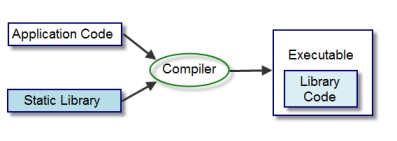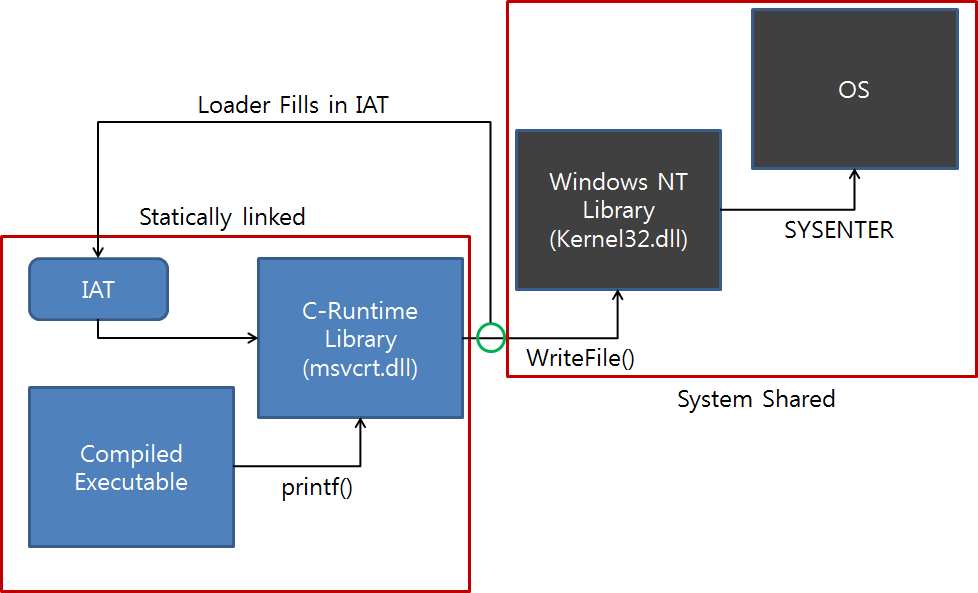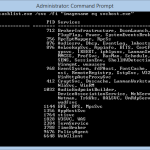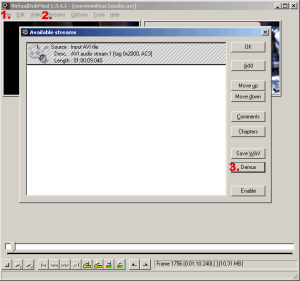Table of Contents
Updated
In some cases, your system may generate an error indicating that the c runtime library is statically linked. There can be many reasons for this error.
Since no one likes to find an answer yet, I’ll give it a try. Unfortunately, I don’t know the IDE Code :: Blocks, so my answer will be partial.
1 How To Create A Statically Linked GCC Executable
Updated
Are you tired of your computer running slow? Annoyed by frustrating error messages? ASR Pro is the solution for you! Our recommended tool will quickly diagnose and repair Windows issues while dramatically increasing system performance. So don't wait any longer, download ASR Pro today!

This is not IDE specific, but GCC (and many other compilers) in general. Suppose you have a simple “Hello program world” in main.cpp (no topic dependencies outside of the standard library and therefore the runtime library). You would compile it, but link it statically via:

Compile
main.cppintomain.o(result filename implicitly):$ g ++ -ke -Main Wall.-ccppThis tells GCC to stop after the compilation phase (do not run this linker).
-Wallmainly activates diagnostic messages. If novice programmers used it more often and paid special attention to it, there would be many questions on the ideas page. 😉
Link
main.o(can contain more than one object file) statically drag and drop into classic runtime and library and paste the exe intomain: $ g ++ -o critical main.o -staticWithout using the
-o maincontrol, GCC would have had the latest exe in the ill-nameda.outdocument (which was once used for "assembly output" œ ).
Especially when using I-begin, we strongly recommend that you do these things "by hand" as it can help you better understand the build toolbox.
In fact, our two above commands could be combined into one:
$ g ++ -Wall -o current Main.-static
Every sane cpp IDE should be able to specify such compiler / linker flags.
2 Advantages And Disadvantages Of A Static Link
-
You take one file that can be mimicked on any computer with compatible frameworks and operating systems, and it works great no matter what version of the text library is installed. May
-
You are executing a procedure in an environment where the local shared library is not available. For example, placing a statically linked C executableGI directly in
chroot ()can help the jail reduce the surface of a panic or fear attack on the web server. -
Since activated shortcuts are not required, program startup can be faster. (I'm sure there are events where the opposite is true, especially when a shared library is already loaded in another process.)
-
Because the linker can hard-code the role addresses, function calls can be faster.
-
A library (eg LAPACK) can be linked to components with more than one linked version. Static linking ensures that a specific version is always used without having to set
LD_LIBRARY_PATH <. need to worry about / code> correctly. Of course, this also has a downside: you can hardly ever choose a library without recompiling. If you want to have the same version all the time, why would customers install more than one version?
-
As you mentioned earlier, any of our executables can grow significantly. Of course it depends a lot on the libraryto which you are connecting.
-
An operational function can be smart enough to load that particular section text from a shared library directly into memory only once if multiple approaches require the library at the same time. By establishing a static link, you lose this advantage and the system can run faster in memory.
-
Your program benefits from updating the library without additional delays. However, to simply replace the shared library with a newer, complete version (hopefully ABI-compatible), the program administrator must recompile and install every program that uses it. In my opinion, this is the most serious drawback.
For example, consider the OpenSSL library. When the Heartbleed bug was discovered and fixed earlier this year, sysadmins can install the patched version of OpenSSL as well as restart all services to fix the vulnerability within one day of the patch release. That is, if their services were dynamically linked to OpenSSL. For those, wholinked statically, it would have taken weeks if the latter were not natural and fixed the beginning in the present.
-
Your users are not replacing the shared library on the fly. For example, users of the movie script
torsocks(and the linked library) can (by settingLD_PRELOAD) change the network system archives to one that directs their traffic entirely through the Tor network. ... And it really works for programs whose developers never knew about this possibility. (Whether this is a good and safe idea is now a matter of independent debate.) Another common use case is application debugging, which needs to be "hardened" by replacingmallocand as ob with specialized versions.
In my opinion, static link problems outweigh the benefits, except in very special cases. Typically, it should be dynamic and static when the client needs it.
Application
As Alf pointed out (see comments), there is a special GCC option for selective hundredintegration of the C ++ standard library, but definitely not for statically linking the entire program. From the manual:
gcc
-static-libstdc ++
When our g ++ program is used to convert a C ++ program to web pages, it will usually automatically link the web pages to libstdc ++. If libstdc ++ can be found as a shared and shared library, the -static option is not used, then this web page conflicts with the general libstdc ++ version. This is generally good. However, it is sometimes useful to freeze the various libstdc ++ used by the program, even without going to a fully static link. The -static-libstdc ++ option forces the g ++ driver to statically link libstdc ++, while other libraries should not be statically linked.
Speed up your computer today with this simple download.
Statycznie Link C Runtime Library
Liaison Statique De La Bibliothèque D'exécution C
Collega Staticamente La Libreria Di Runtime C
C-Laufzeitbibliothek Statisch Verknüpfen
Statiskt Länka C Runtime Library
Статическая ссылка на библиотеку времени выполнения C
Vincular Estaticamente à Biblioteca De Tempo De Execução C
정적으로 링크 C 런타임 라이브러리
C Runtime-bibliotheek Statisch Koppelen
Vincular Estáticamente La Biblioteca En Tiempo De Ejecución De C








